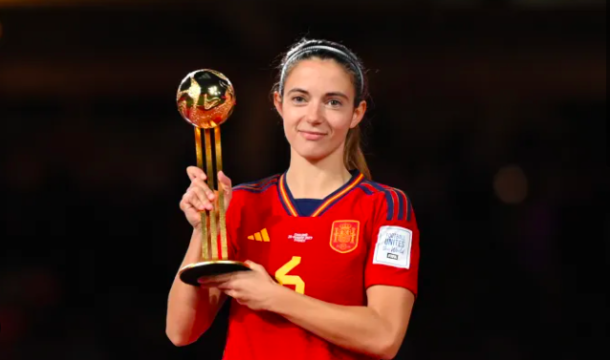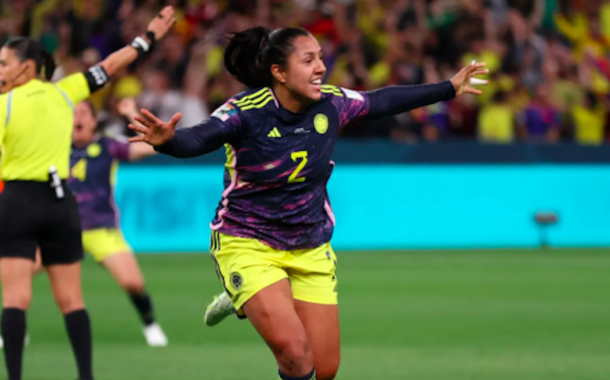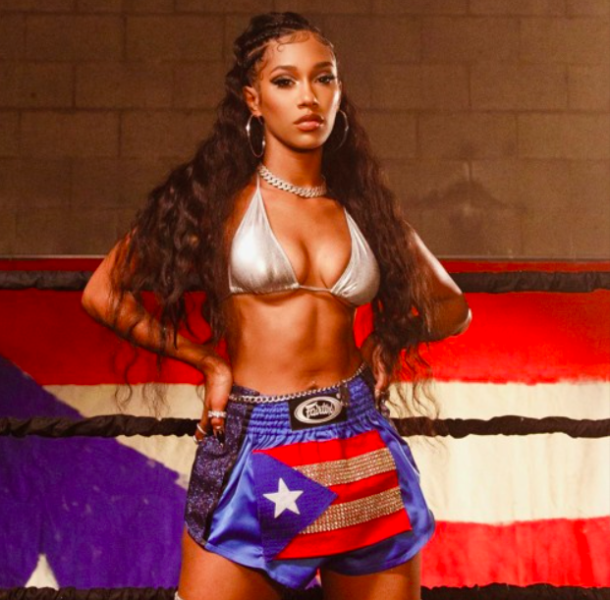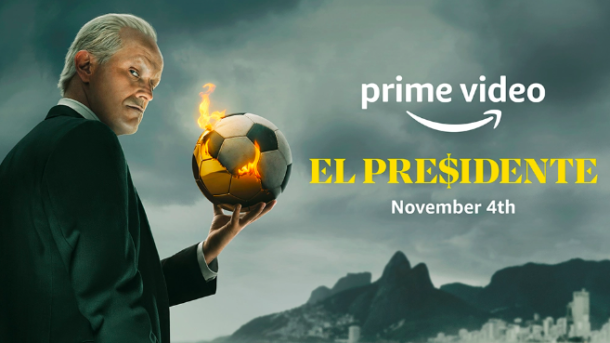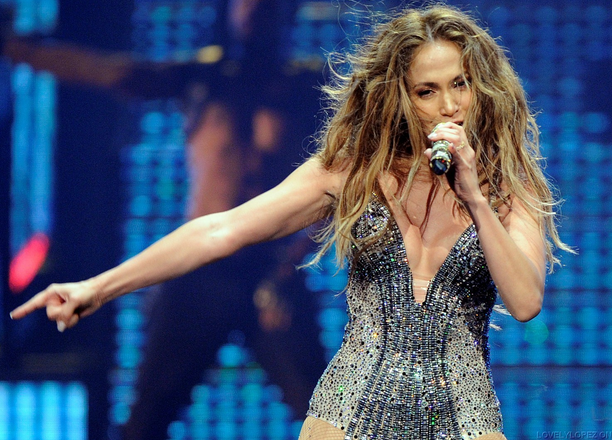Aitana Bonmatí has cemented her status as the best women’s footballer…
The 25-year-old Spanish soccer player, a Barcelona and Spain midfielder has claimed FIFA‘s The Best women’s award to go alongside her Ballon d’Or Féminin title.
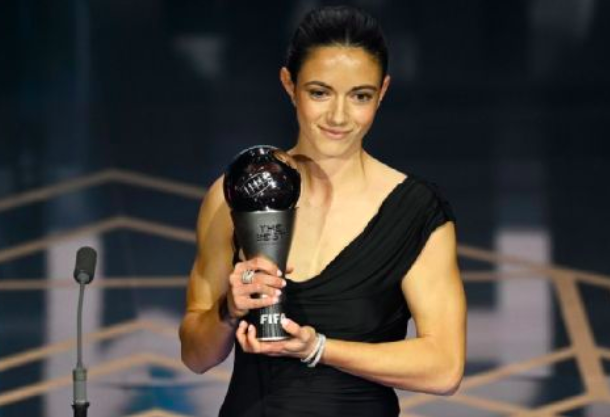 Bonmatí enjoyed a record-breaking season with club country in which she helped Barça win Liga F amid a two-year unbeaten run that ended on the last day of the season, followed by leading Spain to win their first-ever FIFA Women’s World Cup title.
Bonmatí enjoyed a record-breaking season with club country in which she helped Barça win Liga F amid a two-year unbeaten run that ended on the last day of the season, followed by leading Spain to win their first-ever FIFA Women’s World Cup title.
She was named Player of the Tournament in Australia and New Zealand, as well as being crowned UEFA Women’s Player of the Year.
“It’s been an incredible and unique year that I will remember for the rest of my life,” Bonmati said on the stage in London. “I owe this to the teams that I play with: Barcelona and the national team.
“Without my teammates I would not be here picking up these awards. I will always be thankful to those who have not failed me — my family and my friends.
“I want to congratulate all the nominees and say that I am proud of being part of a powerful generation of women who are changing the rules of the game.”
The other two nominees shortlisted for Monday’s award were Real Madrid‘s Linda Caicedo, who had an outstanding World Cup with Colombia, and Tigres UANL‘s Jenni Hermoso, who played with Bonmatí for Spain and kick-started a MeToo movement in the country over the behavior of federation president Luis Rubiales.
Bonmatí’s award continues Barça’s hold over the women’s prize, with midfielder Alexia Putellas having won the award in 2021 and 2022, although she has made just a handful appearances in the past 12 months due to an ACL injury.
The timeline for the award was between December 19, 2022 and August 20, 2023 — the day of the Women’s World Cup final.
The three nominees for the award were compiled, FIFA said, in collaboration with its “football stakeholders,” with shortlists determined by two separate panels of former players and coaches. The winner of the award was then voted between journalists, fans, national team captains and managers.
Earlier in Monday’s ceremony, Lionel Messi won his third FIFA the Best men’s award.
Here’s the full list of women’s awards winners:
FIFA’s The Best women’s Award: Aitana Bonmatí
Women’s Coach of the Year: Sarina Wiegman
Goalkeeper of the Year: Mary Earps (Man United)
Women’s World XI:
Goalkeeper: Earps (Man United)
Defence: Olga Carmona (Real Madrid), Lucy Bronze (Barcelona), Alex Greenwood (Man City)
Midfield: Keira Walsh (Man City), Alessia Russo (Arsenal), Lauren James (Chelsea), Ella Toone (Man United), Aitana Bonmatí (Barcelona)
Attack: Alex Morgan (San Diego Wave), Sam Kerr (Chelsea)

